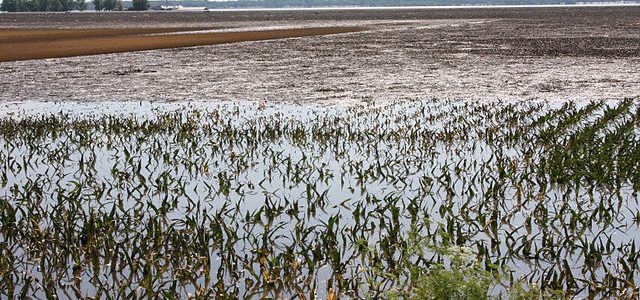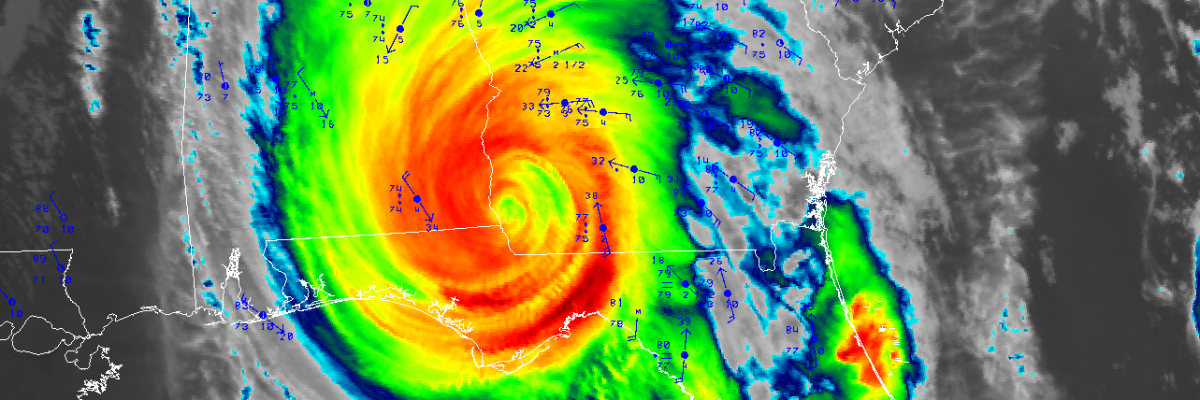-

The National Weather Service’s Southeast River Forecast Center has released a new Water Resources Outlook on YouTube today. You can view the video at https://www.youtube.com/watch?v=6QZxyunHbkA&feature=youtu.be.
Posted in: Climate outlooks -

With all of the rain parts of the Southeast have had, scheduling field work and figuring out when to apply herbicides can be an issue. Morning Ag Clips posted a story today that described some of the factors that need to be considered when trying to fit in applications. The story explains that if rain…
-

On Twitter today, I found a reference to an interesting set of National Weather Service reports that describe past extreme weather events, including a number in the Southeast such as large hurricane events like Michael and Katrina and tornado outbreaks such as the major outbreak of 2011. These reports are geared toward both describing the…
-

A new study in the journal Proceedings of the National Academy of Sciences was published on Monday. The researchers in the study found a strong link between planetary warming and pollen seasons. That could mean more misery for allergy-sufferers in the years ahead. The study shows that the combination of warmer air plus more carbon dioxide…
-

Here is an interesting article on snowflakes from the University of North Carolina at Chapel Hill. In it, my friend and fellow climatologist Dr. Chip Konrad discusses the science of how snowflakes are formed. And then Michael Chitwood, Carolina professor and poet, explores the lyrical wonder of snowflakes. Together they create a beautiful picture of…
-

The latest monthly climate summary for the US is now available from NOAA. It shows that this January was tied for the 9th warmest in the 127 year record. It was also the tenth consecutive January with temperatures above the 20th-century average. The precipitation ranked in the driest third of the 127 years on record.…
Posted in: Climate summaries -

Strong winds from the south ahead of a strong front have blown massive amounts of dust from the Sahara Desert north into south-central Europe. There is so much dust that snow has literally turned orange. You can read more about the weather that set up the winds and see some maps at Severe Weather Europe…
Posted in: Climate and Ag in the news